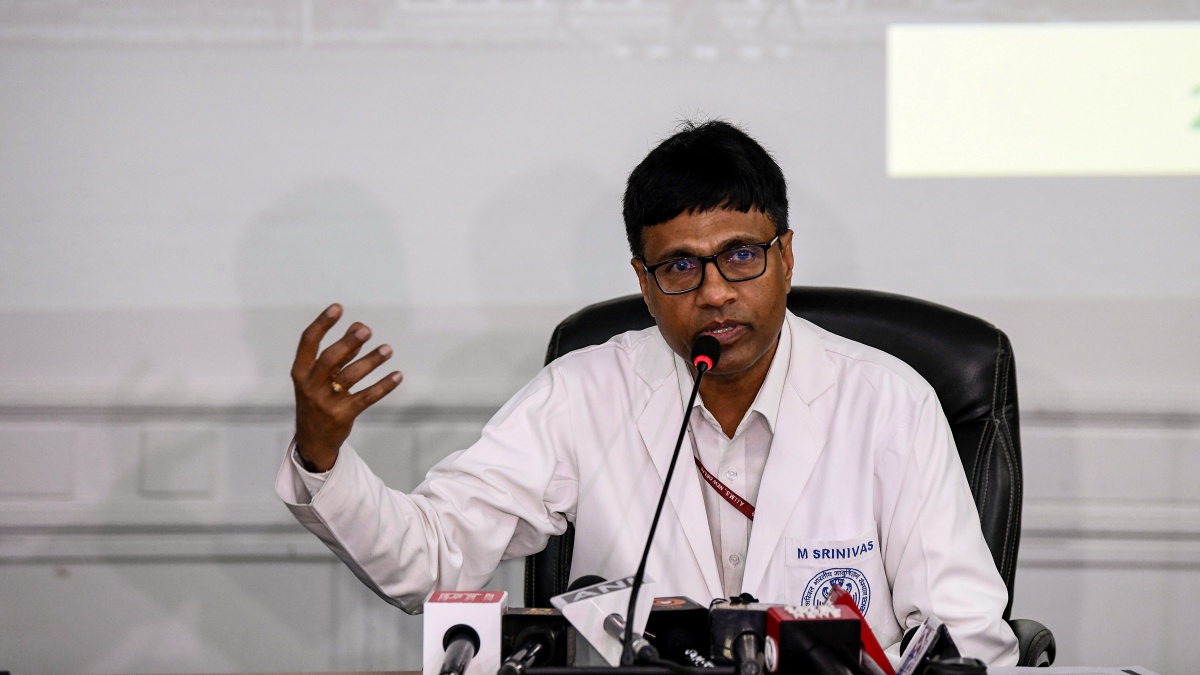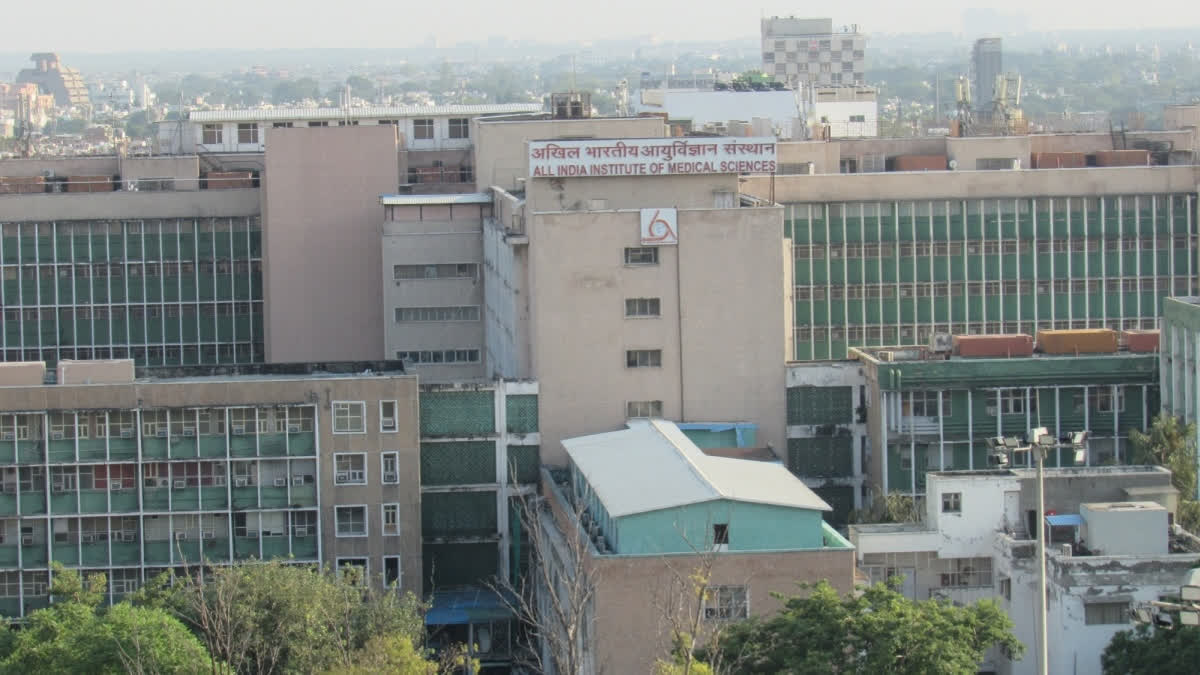New Delhi: To improve the treatment and care provided to seriously ill patients, The All India Institute of Medical Sciences (AIIMS), New Delhi will set up a new Critical Care Block in the premises of the Jai Prakash Narayan Apex Trauma Centre, said institute’s Director Dr M Srinivas during a press meeting held on Monday.
Dr Srinivas informed that the new block will have 200 additional beds which will increase the hospital's capacity to attend to an increasing number of patients who are being brought to the present ward Emergency requiring immediate treatment. He said that the Critical Care Block, which will be an extension of the current Emergency ward is likely to be ready in the next two years.
It will have advanced medical technologies to treat serious and urgent cases. The current emergency ward has 200 beds. On average 700-800 patients visit the AIIMS emergency ward on a daily basis.
Many are unable to get admission and there is a long waiting list because of the unavailability of vacant beds. The addition of 200 beds at the new Critical Care Block will reduce the burden to some extent, he said.
Unified Referral System
The AIIMS Delhi has created a digital platform for a unified referral and teleconsultation network connecting all AIIMS facilities and other Institutes of National Importance (INIs), including JIPMER, Pondicherry, and PGI, Chandigarh.

With the unified referral system, Dr Srinivas explained that patients can access their nearest AIIMS facility first. For example, when AIIMS Patna identifies resource limitations, they can arrange for teleconsultations or expedited referrals. The bidirectional referral system allows patients to receive follow-up care at their local AIIMS centre. He added that this will reduce the load of patients in AIIMS Delhi.
AI-Powered CCTV Cameras Installed
Dr M Srinivas said that artificial intelligence-powered CCTV cameras have been installed at some of the key points at AIIMS, Delhi as a pilot project to bolster the security on the premises, a move initiated after a rape and murder incident in a Kolkata hospital.
The administration initiated setting up cameras equipped with artificial intelligence to track any suspicious movement and monitor the access to the hospitals.
"We conducted a gap analysis after the RG Kar Hospital incident. To start with, AI-enabled cameras have been installed at major points near the Emergency, the main gate and key entry and exit points of the Mother and Child Block. The security system will be rolled out throughout the campus once the pilot project provides satisfactory results," he said.
Such cameras shall be able to recognise all visitors with facial recognition technology and shall help security staff to identify which persons are entering and exiting frequently thereby helping them in access control of unauthorized personnel.
The AI-enabled cameras eliminate the chance of tampering with CCTV footage as was alleged in the RG Kar incident. Besides, in October, AIIMS, Delhi also introduced a facial recognition system in wards and ICUs as a major step towards ensuring security on the hospital campus.
Integrated Facility For Delhi Hospitals
AIIMS Director also said that the institute is also working as a nodal agency for an integrated facility for government hospitals in Delhi. All the hospitals of the Delhi Municipal Corporation and Delhi Government together will be brought under this facility so that vacancies and admissions can be managed.



